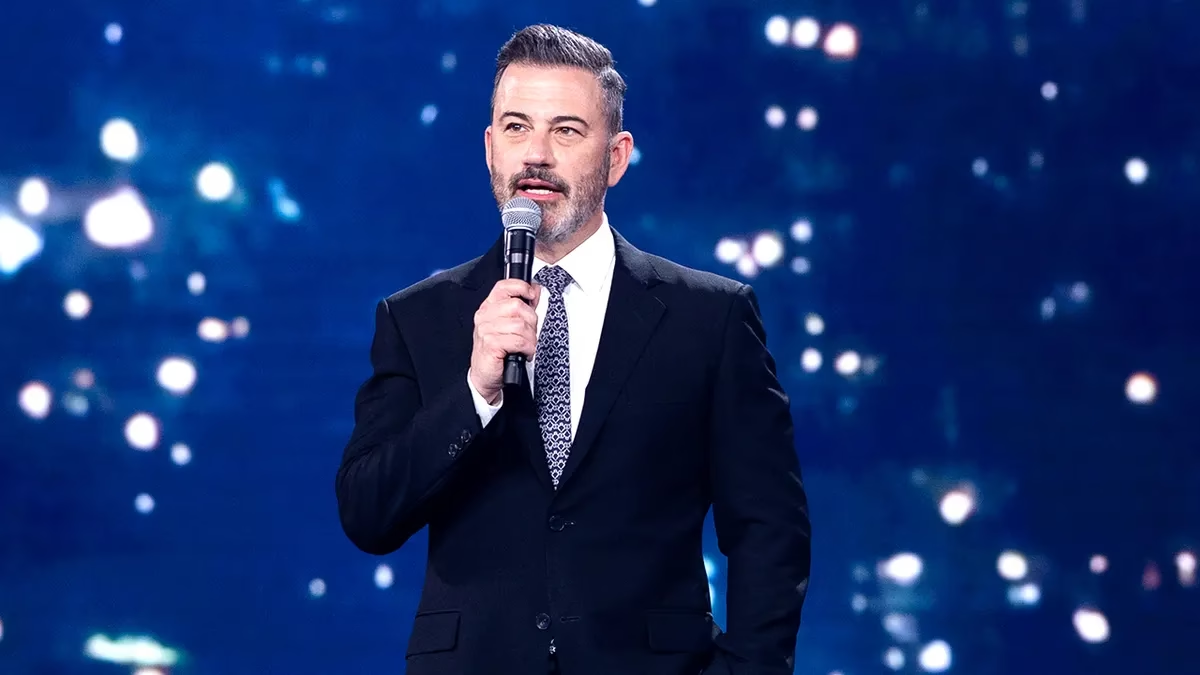
A Shocking Shift in Trump’s Foreign Policy Signals
The geopolitical stage is once again rattled after former U.S. President Donald Trump made remarks suggesting that Ukraine’s long-standing hopes for NATO membership—and even the fate of Crimea—might be negotiable in a potential peace deal with Russia. The comments have reignited fears that Trump could be sidelining Ukrainian President Volodymyr Zelenskyy, throwing Kyiv “under the bus” in pursuit of a quick settlement with Moscow.
For months, speculation has swirled around how Trump, if re-elected in 2025, would handle the war in Ukraine. He has repeatedly promised he could “end the war in 24 hours,” though without detailing how. His recent statements, however, shed more light on what such a deal might look like—and it’s causing alarm both in Kyiv and among America’s European allies.
“Forget NATO, Forget Crimea” – The Remarks That Sparked Controversy
Speaking at a campaign rally, Trump hinted that Ukraine’s NATO aspirations were a “red line” for Moscow and implied that abandoning them could open the path to peace. Even more striking was his suggestion that the status of Crimea, annexed by Russia in 2014, might not be worth the continued bloodshed.
While Trump framed it as a pragmatic solution, critics argue that this rhetoric effectively echoes the Kremlin’s narrative, undermining Ukraine’s sovereignty and Zelenskyy’s leadership.
“Forget NATO, forget Crimea,” Trump reportedly said. “We need peace, not endless war.”
Zelenskyy’s Position – A Leader in a Tight Corner
For Ukrainian President Volodymyr Zelenskyy, these comments could not come at a worse time. Ukraine is battling not only on the frontlines but also in the halls of diplomacy, struggling to secure continued Western support.
Zelenskyy has repeatedly emphasized that NATO membership is essential for Ukraine’s long-term security, and that Crimea—recognized internationally as Ukrainian territory—remains non-negotiable. Any compromise would not only risk his political credibility but also betray the sacrifices of Ukrainian soldiers and civilians.
By hinting that these issues could be “bargained away,” Trump is essentially undermining Zelenskyy’s leverage. In diplomatic terms, that’s like walking into a negotiation and placing your ally’s strongest cards on the opponent’s table.
Europe Reacts – Fear of a U.S. Retreat
Unsurprisingly, Trump’s words have sent ripples through Europe. NATO allies, particularly Poland and the Baltic states, worry that such a stance signals a potential American retreat from collective defense commitments.
If Washington were to soften on Ukraine’s NATO membership or acknowledge Russian control of Crimea, it could embolden Moscow and weaken the transatlantic alliance. For many European leaders, Trump’s remarks are not just about Ukraine—they’re about the future of NATO itself.
A senior EU diplomat told reporters: “This is not just about Ukraine. It’s about whether the U.S. still sees value in standing up to authoritarian aggression.”
Russia’s Possible Win – Putin’s Smile Behind the Curtain
From the Kremlin’s perspective, Trump’s positioning could be seen as a vindication of Vladimir Putin’s long-term strategy. Since annexing Crimea, Moscow has worked tirelessly to normalize its control of the peninsula and block Ukraine’s NATO ambitions.
If the United States signals it’s willing to overlook these issues, Putin gains exactly what he wanted: recognition of Russia’s territorial gains and Ukraine kept in a vulnerable “gray zone.”
Analysts warn this would not bring lasting peace but rather set the stage for future conflicts, as Russia could interpret it as Western weakness.
The Political Gamble – Trump’s Appeal to His Base
Domestically, Trump’s rhetoric plays well with a segment of his base that is skeptical of U.S. foreign aid and weary of overseas entanglements. By painting NATO and Ukraine’s defense as “Europe’s problem,” he taps into the America First narrative that helped fuel his rise in 2016.
However, critics argue that this short-term political gain could come at the expense of long-term global stability. Sacrificing Ukraine’s independence for a quick deal might end the war temporarily but at a cost that undermines U.S. credibility worldwide.
Is Zelenskyy Being Thrown Under the Bus?
The heart of the debate boils down to this: Is Trump willing to sacrifice Ukraine’s aspirations for NATO membership and recognition of Crimea to strike a deal with Russia?
For Zelenskyy, the answer feels uncomfortably close to “yes.” Every time the prospect of abandoning NATO or conceding Crimea is raised, it weakens Ukraine’s diplomatic position and fuels internal doubts about the West’s commitment.
As one Kyiv official put it bluntly: “If NATO and Crimea are off the table, then what exactly are we fighting for?”
Conclusion – A Deal at What Cost?
The idea of peace is appealing to everyone, but the terms matter. If Trump’s vision of “peace” means Ukraine gives up NATO and Crimea, then it risks being a peace built on betrayal and instability.
As the My Hero Academia Final Season trailer released this week reminded anime fans about epic battles between heroes and villains, the real-world clash in Ukraine shows us that the stakes in international politics are just as high. Unlike fiction, however, the consequences here will shape the world order for decades.
For now, the world is left to wonder: Will Trump’s approach end the war, or simply throw Zelenskyy—and Ukraine—under the bus?



